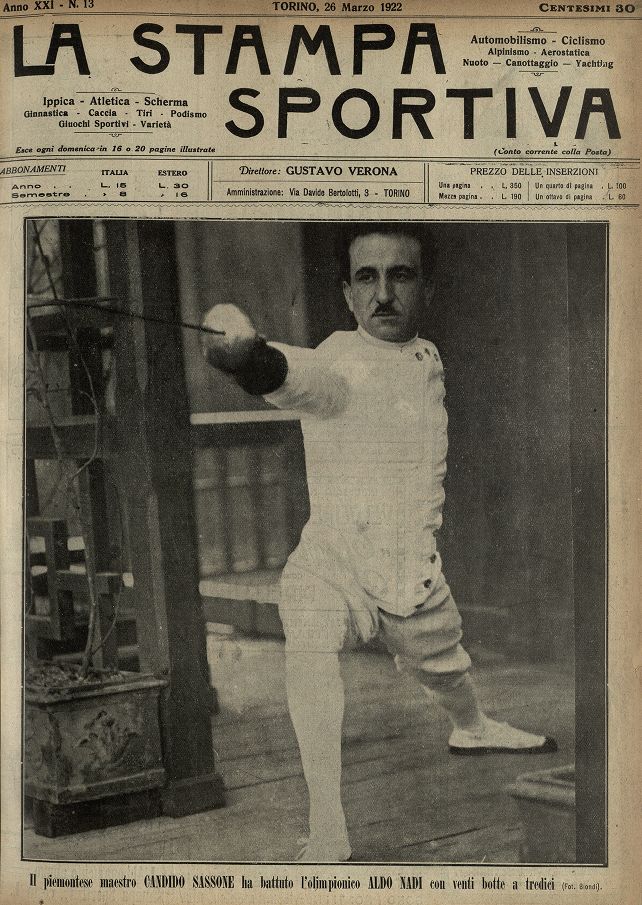Abstract
The purpose of this essay is to provide some observations on the history of Italian fencing and its role in international relations in order to launch social, political, and cultural historical researches. In particular, the text seeks to highlight how the link between this discipline, which arose primarily as a tool of personal and military defence, and the code of ethics of medieval origin called «chivalrous» has played an important role in the development of this motor practice, as well as its transformation into a recreational and sports activity. It served as a tool for the development of Italian citizens in the post-unification period, as well as a cultural output that was valued and propagated abroad. The presence of Italian fencing masters in Europe and worldwide was a widespread phenomenon until the end of World War II, and it contributed to boost Italy’s reputation outside of its national borders.

This work is licensed under a Creative Commons Attribution 4.0 International License.
Copyright (c) 2024 Deborah Guazzoni

